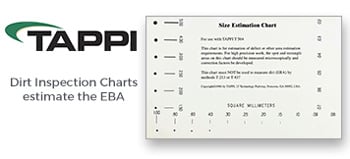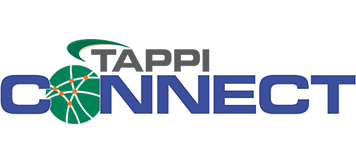Westvaco ISO 9002 Certification: Why, and How, 1992 Process & Product Quality Conference Proceedings
The International Standards Organization’s (ISO) 9000 series of quality system management standards assures a registrant’s customers that its quality management systems adhere strictly to documented procedures and instructions.
U.S. manufacturers with international interests are being compelled to seek ISO 9000 certification by the impending unification of 12 European nations into a single, unified trading block with more than 350 million consumers and a $5 trillion annual economy. ISO 9000 series standards have been adopted as part of the unification program and are seen as a commercial requirement for doing business in EC-92.
Aside from its value of providing entry into the business order of the European community, ISO certification has the ability to enact operational changes that improve the overall quality of products and services. It also strengthens a company for competition elsewhere in the world.
ISO certification is a complex process requiring elaborate preparation, from choosing a registrar and educating corporate personnel to organizing internal IS0 teams, performing self-help audits and communicating certification to internal and external audiences.
Nonetheless, the benefits that arise in marketing, quality assurance and global competitiveness resulting from IS0 certification more than offset the monetary and time costs associated with the process.





